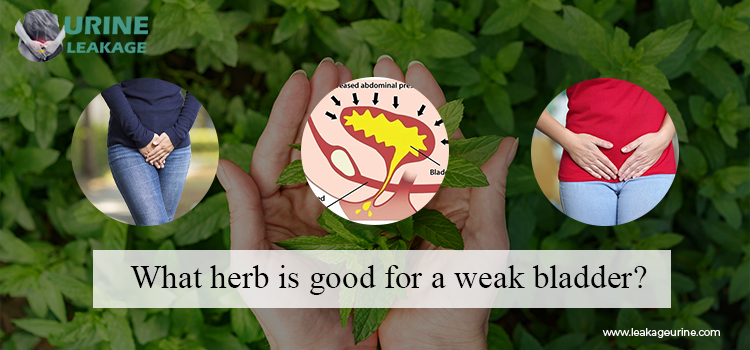As many as 60 percent of women are affected with Over-Active Bladder at some time in their life, a prevalent but generally overlooked urinary condition. Dry and wet styles are available. This condition is known as dry OAB, and it occurs when the need to pee occurs often, but nothing happens until you go to the bathroom. The term “wet OAB” refers to the fact that there may be some leaking before you get to the restroom.
5 Herbs to Reduce Overactive Bladder
- Crataeva (Crataeva nurvala)
Crataeva is an Indian plant that dates back to the 8th century BC, when it was used to treat bladder problems. In terms of bladder health, Crataeva is like to an exercise. Taking this herb for six to twelve weeks helps to strengthen your bladder’s smooth muscular tone, making it less prone to leak. If you have to pee more than once a night, this is a great option! Think of it as a dietary supplement that has a long-term effect.
- Mullein (Verbascum Thapsus)
Urethral incontinence linked with menopause may be helped by taking mullein. In low oestrogen situations, the bladder sphincter might weaken.
- Equisetum arvense
Silica is not the only mineral found in horsetail; it also aids your body’s ability to absorb and use silica. For strong connective tissue, silica is a mineral that must be included. Helps to strengthen the bladder’s connective tissue for those with OAB who have weak nails or hair or poor bone mineral density. For a well-rounded prescription, I would normally pair this with Buchu or Crataeva.
- Buchu (Barosma betulina)
It is effective in reducing the need to urinate all the time. Buchu’s anti-inflammatory properties make it an ideal supplement for treating incontinence in people with diabetes.
- Green tea (Camellia sinensis)
Although it includes caffeine, green tea doesn’t seem to be an odd choice considering that it’s only around a quarter of the amount found in an espresso-style coffee. Using green tea as a prophylactic measure against OAB is supported by research.




